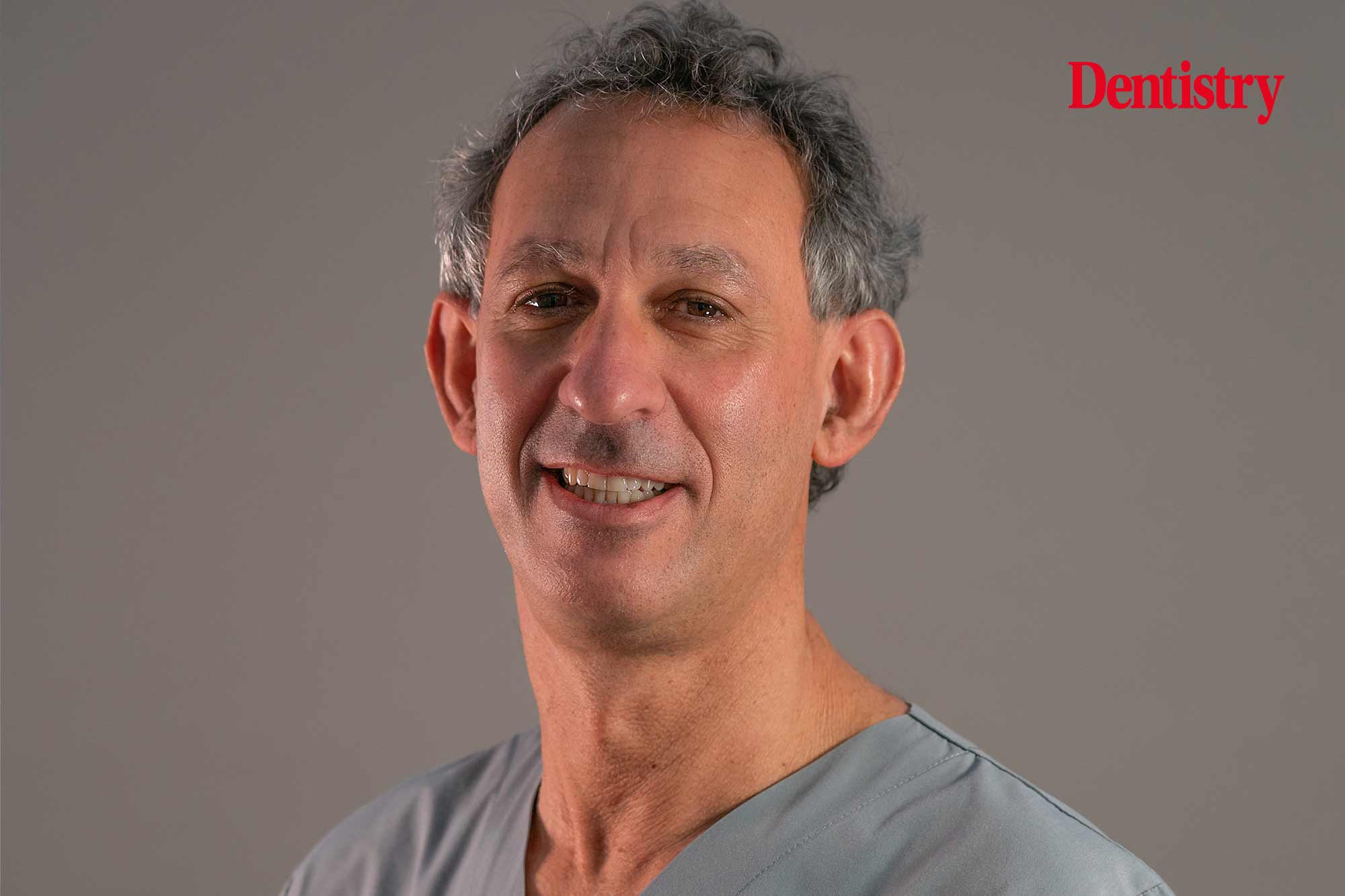
Lucy Veal talks to Paul Abrahams about his career over the last 30 years, including his highlights, challenges, how he first started out and what he predicts for the future of dentistry.
How did you first get into dentistry?
I was always looking at doing something medical. I was particularly good at art and my other career choice was potentially architecture.
My dad was a jeweller and my mum worked with him, so I have no family medical or professional background.
Initially, I took a year off after finishing school, and when I first applied, I had no offers. I was told I was on the waiting list for Guy’s and King’s… it was a nail-biting wait. I really thought I was facing a second year ‘off’.
Three weeks before the course was due to start, I received a letter from Guy’s inviting me to enrol (no mobiles/email etc in the 80s, so it literally came through the letterbox!). I couldn’t believe it, as I had given up hope.
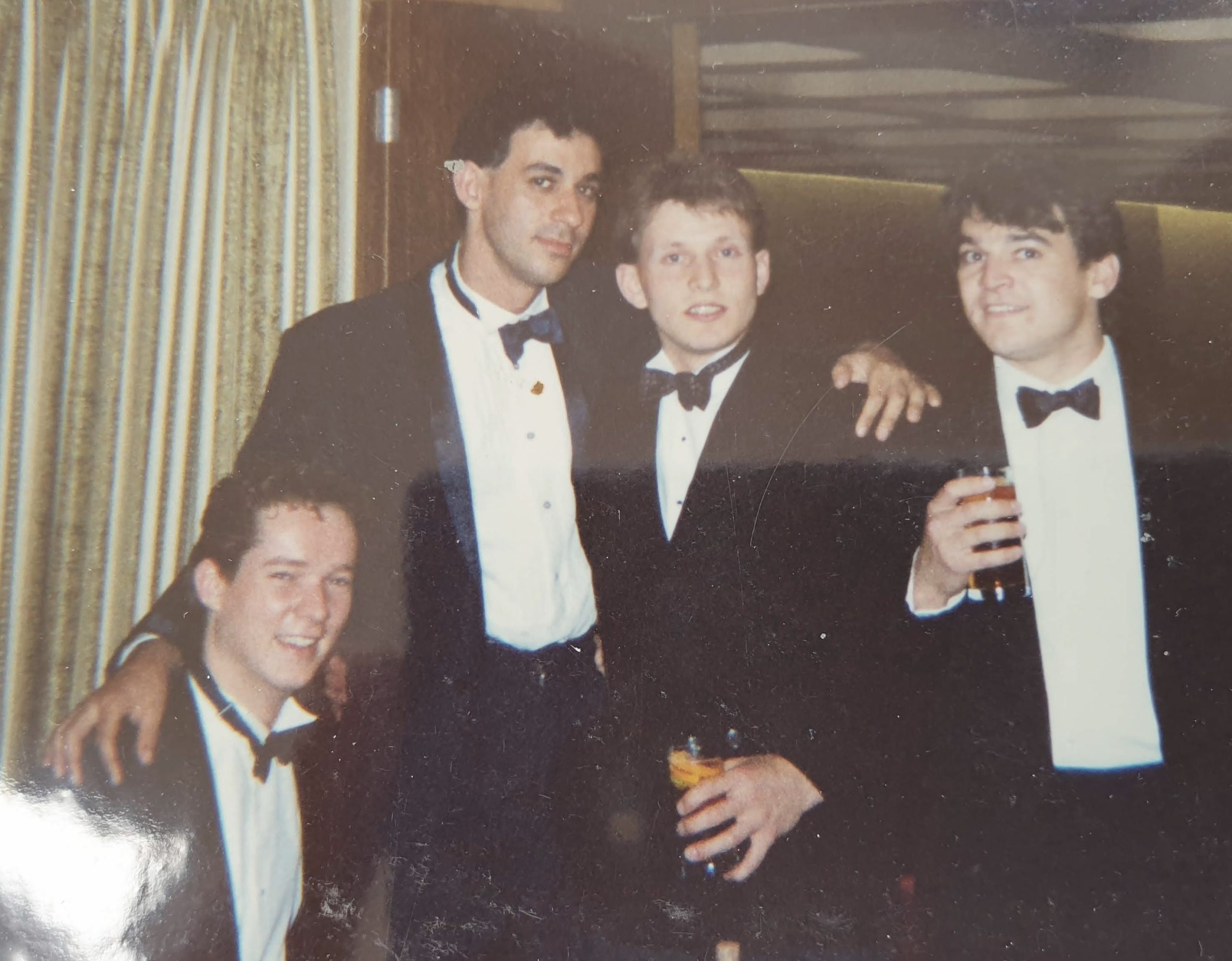
Then a letter from King’s arrived two days after starting at Guy’s!
I was very lucky to land a job with Dr Maish Weinstein. After an interview sharing a sandwich, the job was mine. Maish was a real mentor and friend to work with (and still is).
Learning from someone like Maish was key to me making the best I could of my career. We purchased St John’s Wood together and eventually I went forward on my own. I still speak to him regularly and we live quite close together. We ‘chew the fat’ over a whiskey most Fridays!
Tell us about your family and how you manage to balance your personal and work life?
I’ve got four children, but they’ve almost all grown up.
My oldest daughter is almost 30 and works in the music business. My oldest son is 27, working in finance and living in Australia. Number three is my daughter who is 24 and working in real estate. And my number four has just gone to university to study interior architecture.
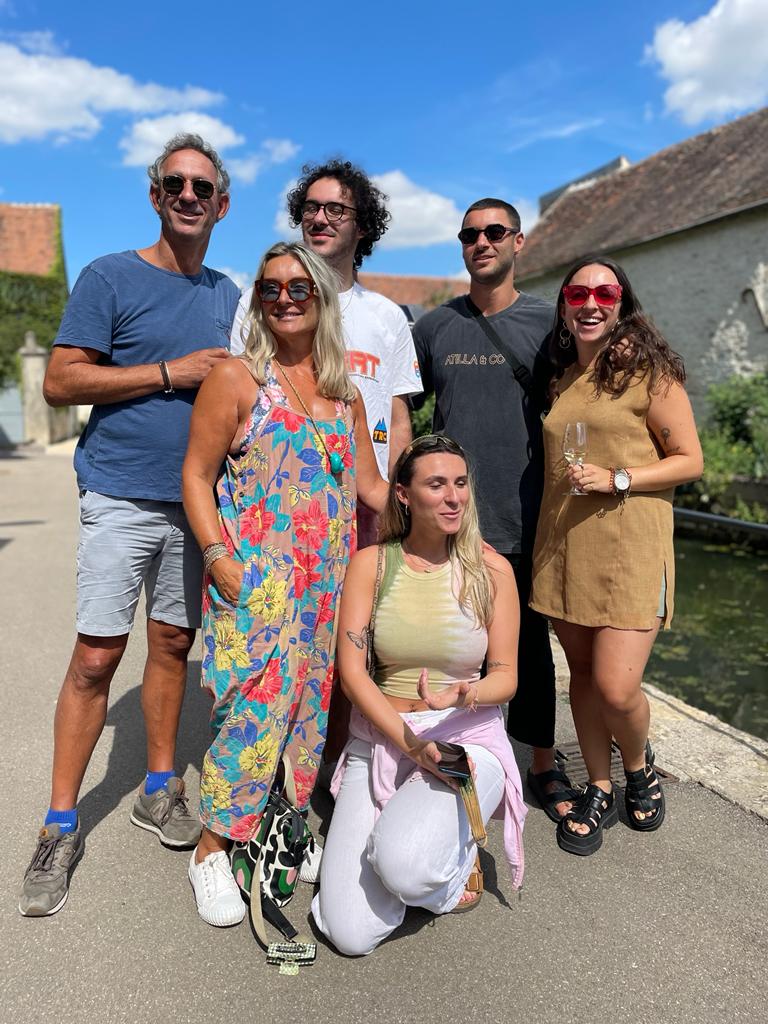
My wife, Sandrine, has her own business, teaching French to children. We were quite young when we had kids – we had three children by the time I was 31.
It was a tricky balance with starting a new practice and a young family. Those two things were the primary focus in the early part of my career.
I always remained committed to postgraduate courses, but predominantly in the UK. FMC brought over world-renowned speakers to make education even more accessible and its World Aesthetic Congress (WAC) was an important event. I was lucky to participate in on the first Rosenthal course in the UK (which fundamentally changed our approach to private practice).
The British Academy of Cosmetic Dentistry (BACD) was formed and, again, this had a huge impact on postgraduate education in cosmetic dentistry in the UK. My involvement was gradual but became easier as I became more established and my family grew up.
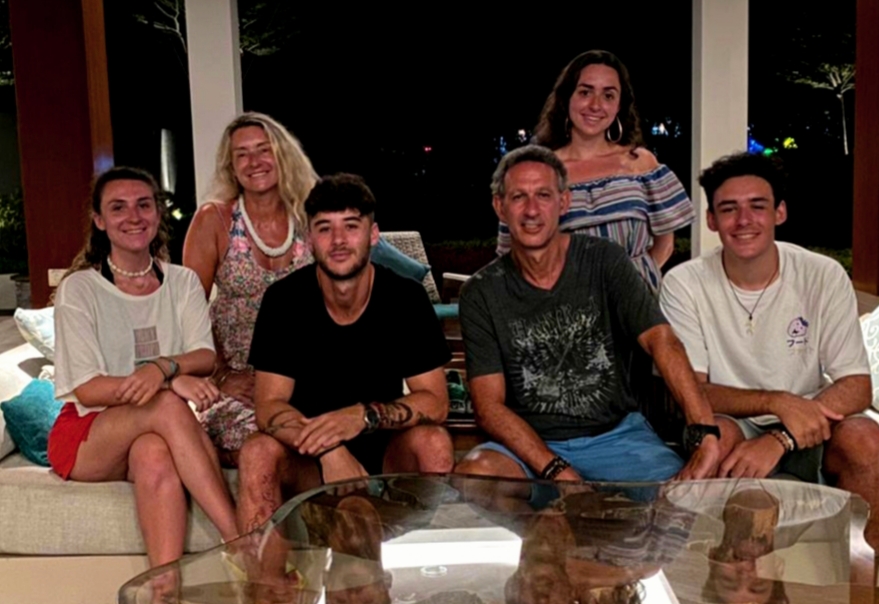
For me, it’s always been really important to have a good work/life balance. Taking family holidays, not spending time at home writing treatment plans or spending inordinate amounts of time on dentistry, is fundamental.
My wife is a huge support. You’ve got to have that support, or you can’t do it.
After 30 years as a dentist, what are you most proud of in your career and why?
There are so many things really.
I’m really proud of having been in the same place for so long and maintaining a small but successful private clinic through thick and thin. It’s great when patients continually return, even at times having moved away for extended periods, yet seek you out 10 to 15 years later! Also, seeing multiple generations of families is really rewarding.
Being on the board of the BACD and then ultimately president was a fantastic time and really humbling. I’m now proud to have a role on the board of the British Association of Private Dentistry (BAPD).
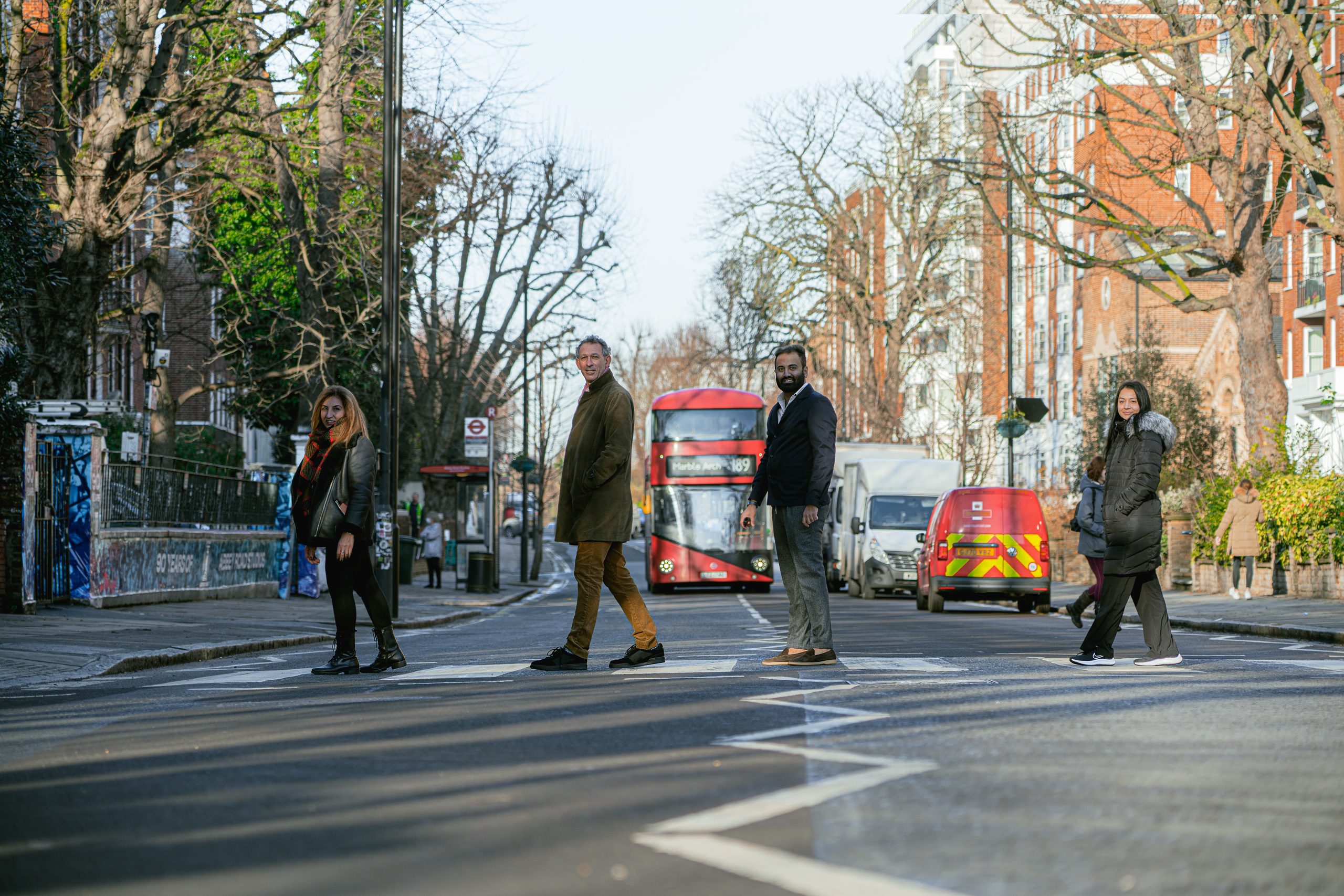
What was your experience as president of the BACD?
I have been a BACD member since 1995, so an ‘early’ member. Suzy Rowlands, BACD executive administrator, pushed me to get involved further, so I initially joined a BACD committee – the first step on the ladder.
From there, I was encouraged to stand in elections for board. The elections for board are held at the BACD conference (every November). At that time, around eight years ago, I’d never stood in front of a room to speak. It’s just something I’d never done – I hadn’t ever lectured before. I was absolutely terrified.
Fortunately, I managed to get some words out and to my surprise, I was elected! Going from there to where I am now, speaking and lecturing, is a direct result of my progression through the BACD.
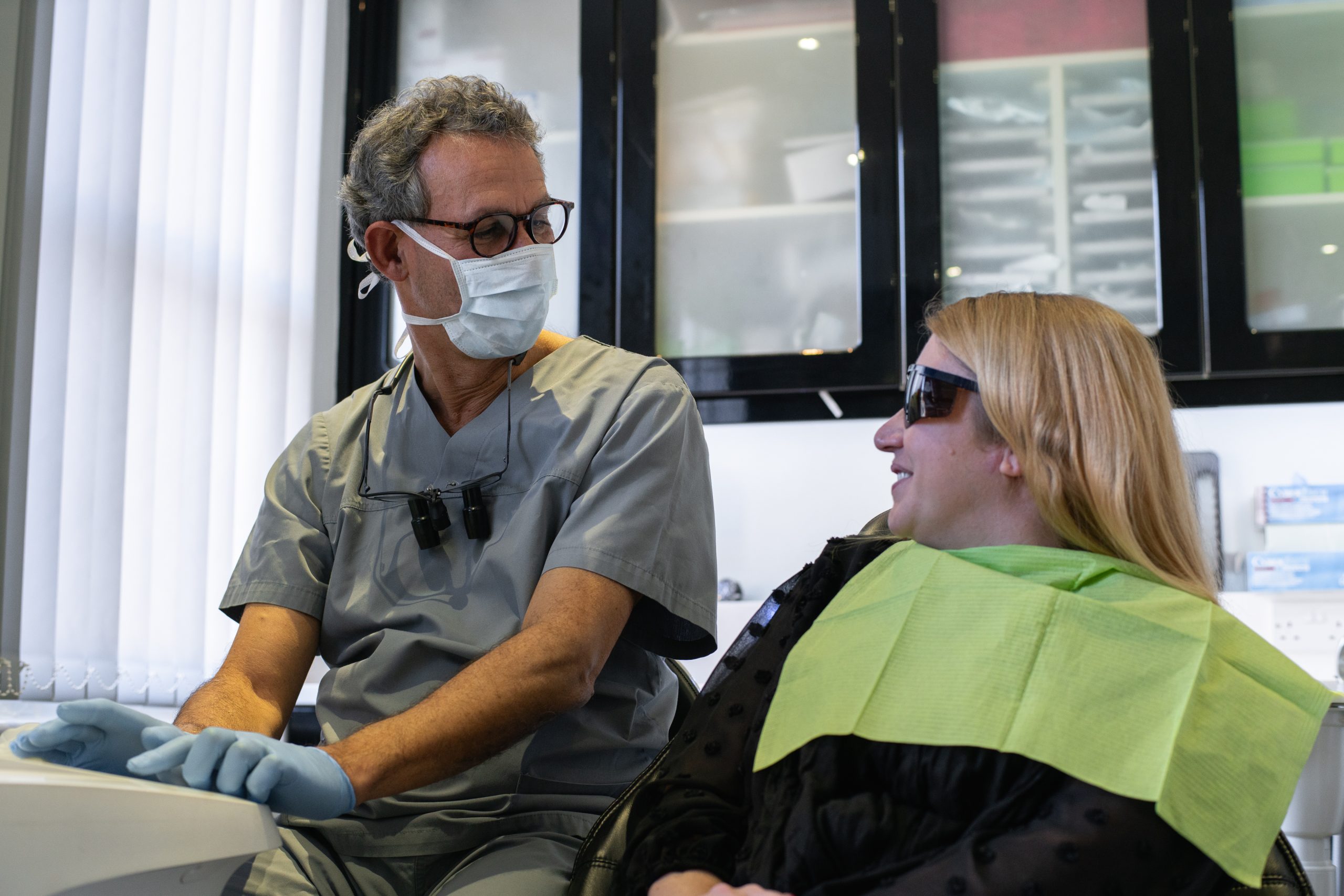
I became president of the BACD in November 2020, taking the helm from my good friend Nishan Dixit. The ceremony normally happens at a conference, but this was cancelled due to Covid-19 and so I became the first ‘virtual’ president.
Like everyone, we had many plans in place for the first quarter of the year, which were completely disrupted. All of our initial meetings went online, and we learnt quickly. I’m really proud of the fact that we offered our members the opportunity to put their membership fees on hold during this difficult period.
To have the support of a fantastic board and, in particular, Chris McConnell as our president-elect was so invaluable. I really feel we kept engaged and relevant through this period and stayed optimistic that we’d be able to have a conference in 2021.
Fortunately for us the conference in Edinburgh was able to go ahead and it was a fantastic success. Pascal Magne as keynote speaker was outstanding and our gala dinner at the museum of Scotland was spectacular and a truly memorable event.
The experience was a real highlight of my career. My nominated charity was Confidental, supporting mental health issues in the profession, which remains as the BACD’s chosen charity. I’m really proud that we are associated with a charity that does so much important work.
How has Dentex supported your career?
I joined Dentex almost five years ago. I was one of the first 25 practices that joined, so it was a little bit of a leap of faith.
At the time I wasn’t necessarily thinking of selling into a corporate. I was actually approached by someone else who wanted to buy my business. Rahul Doshi, a good friend and BACD past president, introduced me to Dentex and it progressed from there.
The ethos of Dentex, and it hasn’t changed, was about acquiring practices, but allowing them to maintain independence within the group and creating ‘partners’ of their principals. To my patients, my practice hasn’t fundamentally changed in any way (in brand or name).
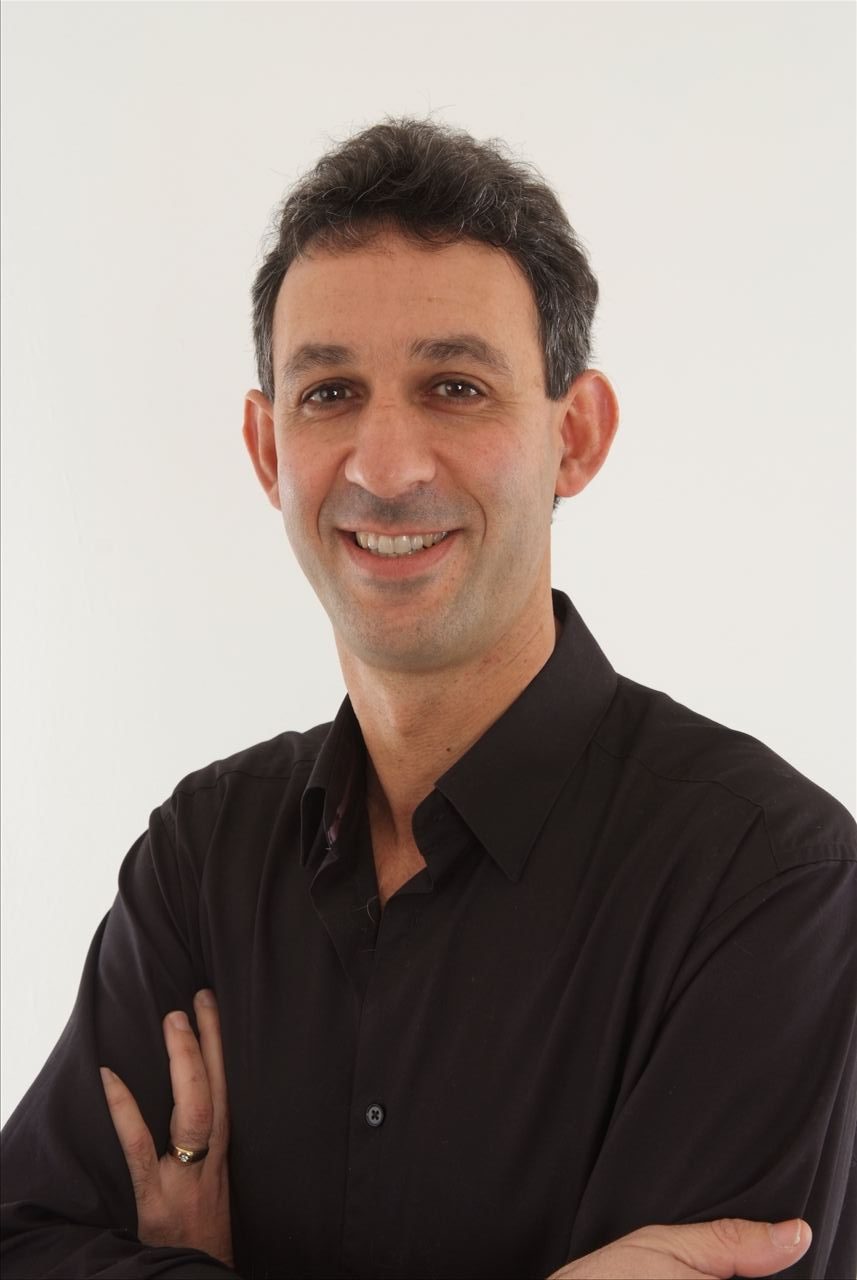
I have tremendous support – as do my staff – in things such as compliance and HR, which allows me to concentrate on clinical dentistry. The support during the pandemic was second to none in every way, both during and in enabling us to restart quickly.
The group has now grown to almost 160 practices, but the ethos hasn’t changed. We’ve attracted some really high-achieving dentists and private practices who all have shared values but maintain their individuality. Overall, it’s been a really positive experience.
Now I’m doing some work as a clinical lead in digital dentistry, helping with practices, in particular London and the south east, and helping with planning educational events. We’re trying to create this distinct community within Dentex, through educational support and provision for associates and staff to grow.
That’s been my experience. I’ve got nothing but positive things to say of the last five years. I’m looking forward to further exciting changes ahead.
How has the profession changed in the last 30 years?
So many things have changed beyond recognition.
At the start of my career, we had our names in the yellow pages and a brass plate on our doors. Today, ‘marketing’ has totally transformed dentistry (for good and bad).
Despite that, I still feel the best way to build a practice is from ‘within’. Word of mouth, personal recommendation and just looking after people well.
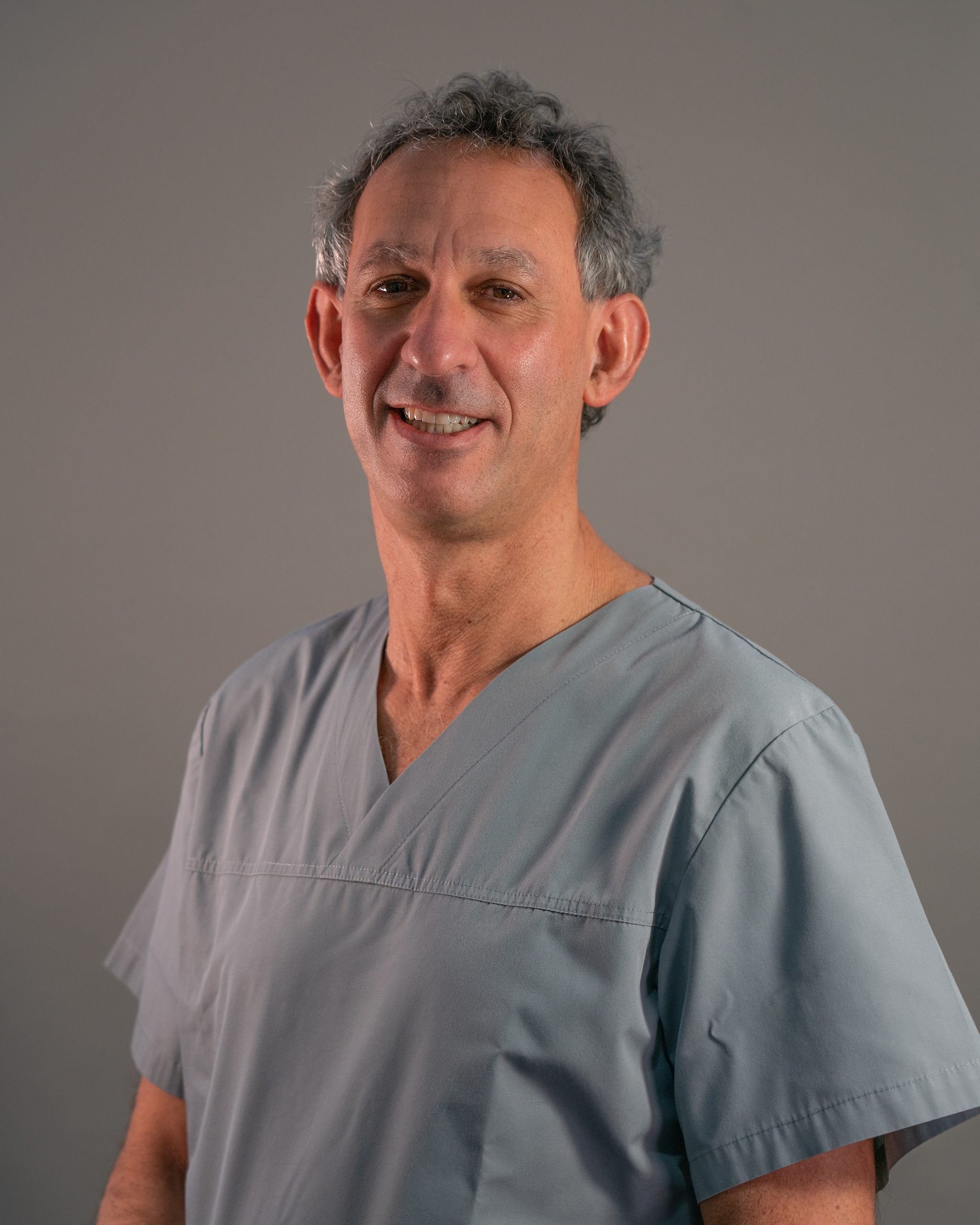
‘Quality care and exceptional personal service’ is a mantra that I have taken from Maish and it has stood the test of time. Technology has also significantly changed the type of dentistry we do and will continue to change exponentially.
We never stop learning and, from that perspective, the quality and breadth of postgraduate education available has changed significantly.
What do you predict for the future of dentistry?
With the current state of the NHS, I think private practice has a very strong outlook, whether it be small private practice or the increasing influence of dental groups. Hopefully the BAPD will be able to influence policy and help shape the practice of dentistry in the future.
Digital dentistry will continue to grow and advance for the better. An intraoral scanner is no longer just an ‘impression machine’, but a sophisticated communication and diagnostic tool. They have been the biggest single innovation that has and will change dentistry.
It is impossible for me to practise without my digital tools. I’m a huge advocate of digital dentistry and was one of the first in the UK to have the original Itero. I couldn’t practise without the Itero 5D or my Cerec. In addition, I’m very proud to be an educator for Align.
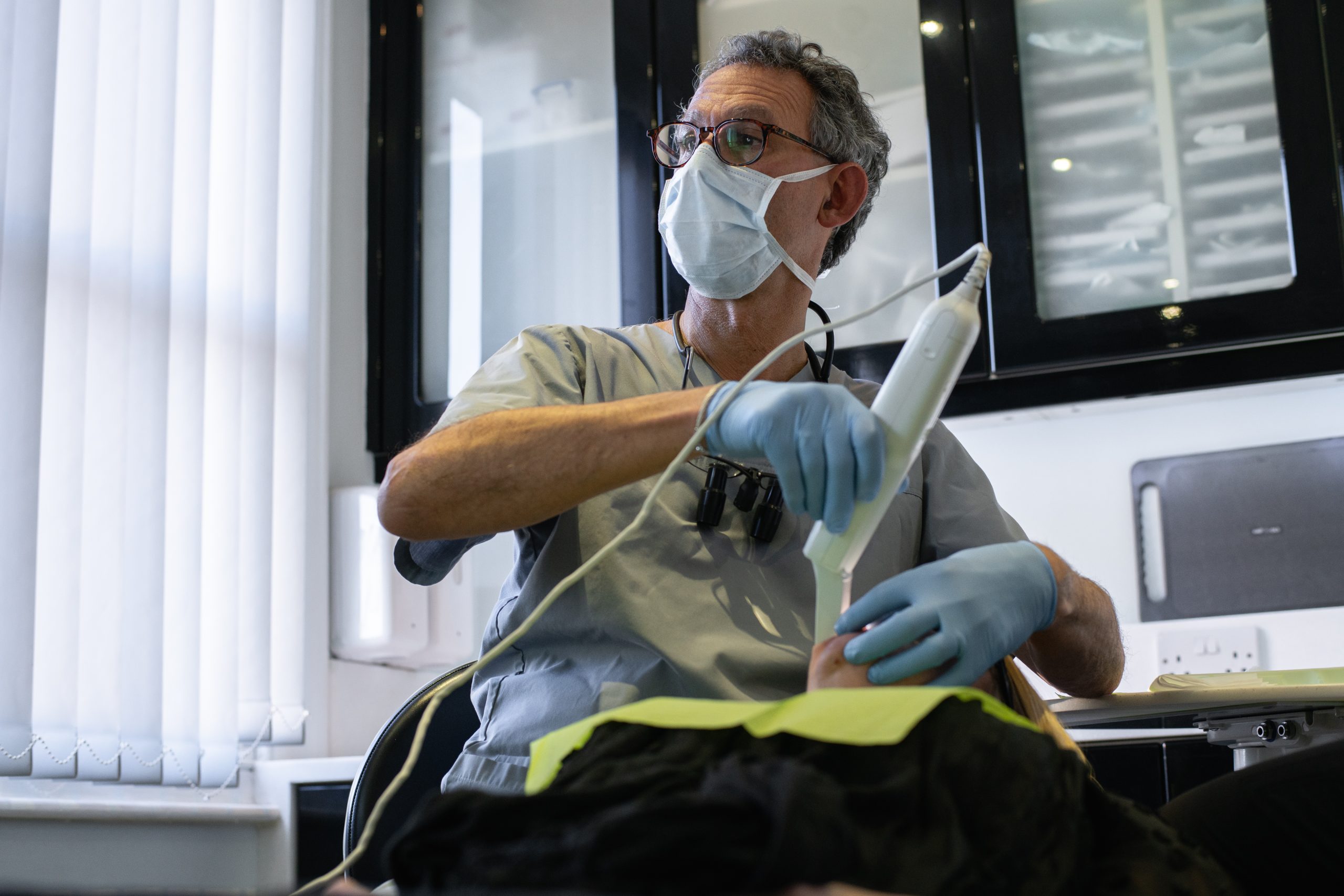
I think we are on the cusp of substantial growth in use of technology at the moment. We’re seeing rapid growth in acquisition of scanners and use of scanners in everyday practice. The software is rapidly changing and will continue to evolve further.
The use of AI will become much more prevalent, improving diagnostics and treatment outcomes. ‘The only constant is change’, and that cannot be ignored in dentistry!
Follow Dentistry.co.uk on Instagram to keep up with all the latest dental news and trends.


